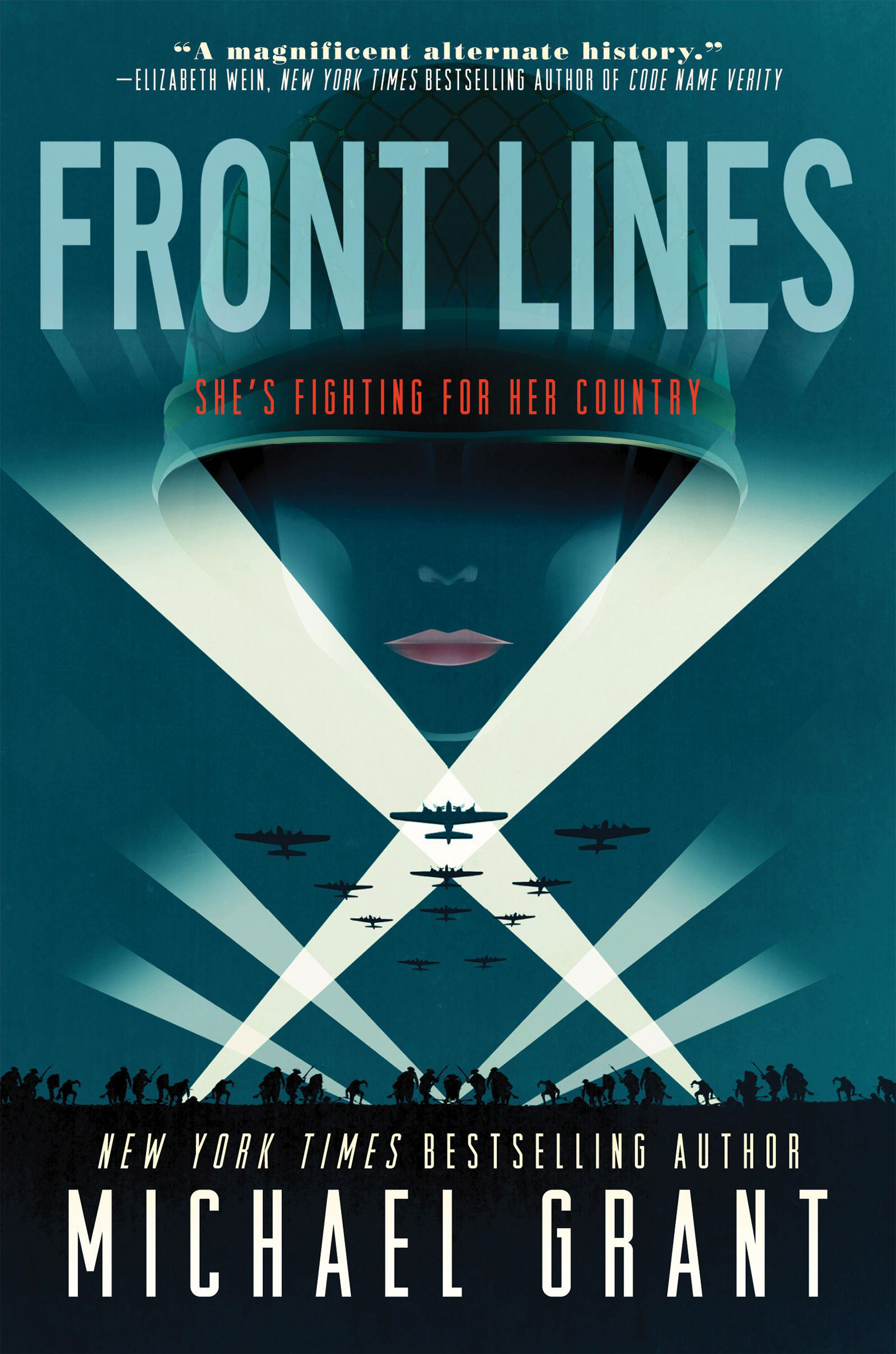Formerly the AI of troop carrier warship Justice of Toren, Breq is now Fleet Commander Breq Mianaai, captain of the much smaller ship Mercy of Kalr. In the aftermath of the violent conclusion to Ancillary Sword, she’s trying to do right by the gravely mistreated ethnic minority Ychana people of he planet Aethok while fulfilling her own vendetta: to destroy Anaander Mianaai, the empire tyrant who utterly destroyed Justice of Toren — or to damage her multiple bodies as much as possible.
 The third and final installment to the Radch trilogy was my most anticipated new release of 2015, and I’m not disappointed with the conclusion of the series. From the first book, Ancillary Justice, the trilogy explored topics that I love to see in science fiction: gender, colonialism, and the essence of humanity. Ancillary Mercy continues to explore these themes, taking them into thought-provoking conclusions.
The third and final installment to the Radch trilogy was my most anticipated new release of 2015, and I’m not disappointed with the conclusion of the series. From the first book, Ancillary Justice, the trilogy explored topics that I love to see in science fiction: gender, colonialism, and the essence of humanity. Ancillary Mercy continues to explore these themes, taking them into thought-provoking conclusions.
As a series told from the point of view of a former AI trapped inside a single human body, the Radch trilogy has always had great focus on the essence of humanity and what exactly makes a consciousness into a person. Breq struggles through the three books to come to terms with her new existence: no longer a computer with access to her captain’s thoughts and feelings, in a body she can’t replace by thawing out a new one, and forced to figure out who she is in a world that sees her body as human but not her consciousness.
On a less philosophical level, Ancillary Mercy has a satisfying exploration of the effects of imperialism. Breq was once a troop carrier, her main mission being to subjugate entire planets for the Radch empire. She explains in cold, emotionless detail exactly how the Radchaai do this. And then, in Ancillary Mercy, she shows (non) human compassion for the people who have suffered because of ships like her and because of the empire.
A few different plotlines in Ancillary Mercy addresses how the Radch empire and the Radchaai themselves structure society around the privileges of the imperialists, which in turn in structured to give the greatest benefit to those at the top. I especially appreciated an extended plotline regarding Seivarden, Breq’s companion and an officer on her ship, who manages to insult an officer she’s romantically involved with by essentially telling her “You’re not like those poor people.” It reads as a pretty direct critique of privilege: Seivarden is forced to recognize that she’s more upset that her romantic partner was offended than she is that she hurt her partner’s feelings.
That’s just one example of how this exciting and adventurous sci-fi series addresses humanity and compassion — as all great science fiction should. The story may detail Breq’s adventure as she crusades to kill Anaander Mianaai, but the novel is about how Breq, formerly a machine, is more of a person than many of the humans she meets.
Ancillary Mercy is a satisfying conclusion to a thrilling space opera exploring issues as diverse as human consciousness and the long-term effects of imperialism. The novel follows colonialism from invasion to emancipation and explores how humanity emerges not from the body in which a person is born, but the love and compassion they hold in their heart. A highly recommended space opera for science fiction fans and literary readers alike.
5 out of 5 stars
You can read our 2013 interview with ANCILLARY MERCY author Ann Leckie here; if you want to read more about the series first, check out the review of ANCILLARY SWORD, the second book in the series.
ANCILLARY JUSTICE is the first and only novel to win Best Novel for the Hugo, Nebula, and Arthur C. Clarke awards. We selected the novel as one of our Editor’s Picks in 2013.





